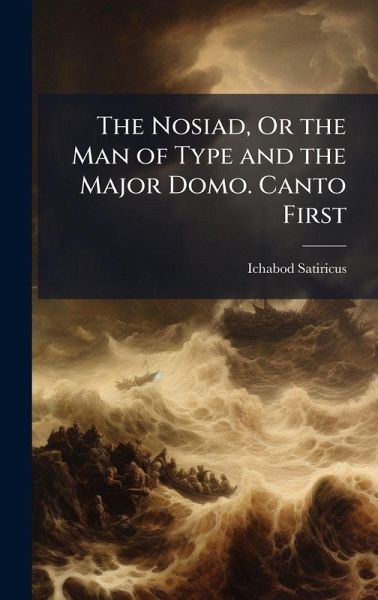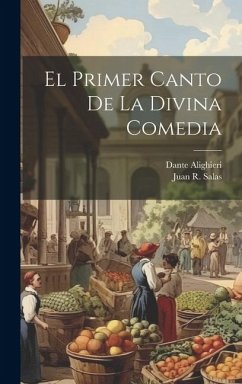
The Nosiad, Or the Man of Type and the Major Domo. Canto First
Versandkostenfrei!
Versandfertig in über 4 Wochen
25,99 €
inkl. MwSt.
Weitere Ausgaben:

PAYBACK Punkte
13 °P sammeln!
The Nosiad, Or the Man of Type and the Major Domo. Canto First, penned by Ichabod Satiricus and published in 1829, presents a satirical take on epic poetry. This early 19th-century work blends humor and social commentary within the framework of a traditional canto. Satiricus employs wit and irony to explore the themes of societal roles and human nature. Readers interested in classic satire and the evolution of poetic forms will find this a compelling and thought-provoking read. This work has been selected by scholars as being culturally important, and is part of the knowledge base of civilizat...
The Nosiad, Or the Man of Type and the Major Domo. Canto First, penned by Ichabod Satiricus and published in 1829, presents a satirical take on epic poetry. This early 19th-century work blends humor and social commentary within the framework of a traditional canto. Satiricus employs wit and irony to explore the themes of societal roles and human nature. Readers interested in classic satire and the evolution of poetic forms will find this a compelling and thought-provoking read. This work has been selected by scholars as being culturally important, and is part of the knowledge base of civilization as we know it. This work was reproduced from the original artifact, and remains as true to the original work as possible. Therefore, you will see the original copyright references, library stamps (as most of these works have been housed in our most important libraries around the world), and other notations in the work. This work is in the public domain in the United States of America, and possibly other nations. Within the United States, you may freely copy and distribute this work, as no entity (individual or corporate) has a copyright on the body of the work. As a reproduction of a historical artifact, this work may contain missing or blurred pages, poor pictures, errant marks, etc. Scholars believe, and we concur, that this work is important enough to be preserved, reproduced, and made generally available to the public. We appreciate your support of the preservation process, and thank you for being an important part of keeping this knowledge alive and relevant.










![The Phoenissæ of Euripides, From the Text, and With a Tr. of the Notes of Pobson [&C.] by J.R. Major Cover The Phoenissæ of Euripides, From the Text, and With a Tr. of the Notes of Pobson [&C.] by J.R. Major](https://bilder.buecher.de/produkte/68/68667/68667168n.jpg)

